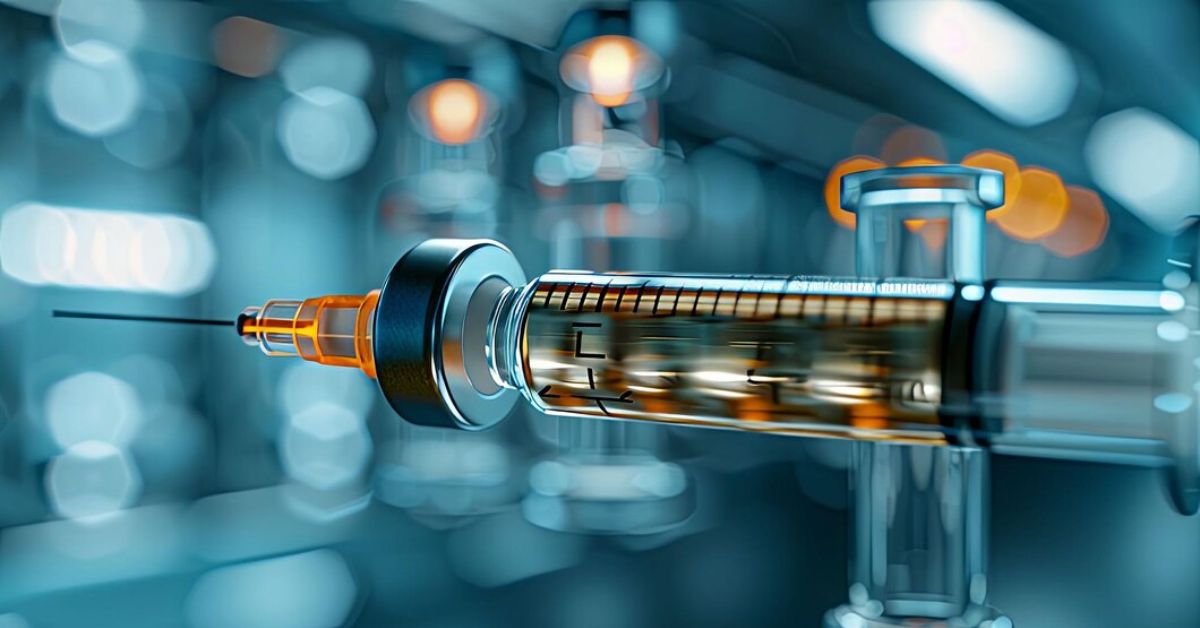[1] The production of healthcare devices requires precision, reliability, and adherence to strict standards. Consistently maintaining high quality while producing these items at scale can be challenging for manufacturers. However, certain technologies help address these challenges effectively. One such technology is medical injection molding, which plays a crucial role in the medical industry.
Medical device injection molding enables the efficient production of high-quality products. This process is essential for creating reliable solutions that meet the strict standards of the medical field. By using this technology, manufacturers can ensure the consistent production of dependable and cost-effective tools. The role of injection molding in the industry is vital for supporting innovation and patient safety.
The Role of Medical Injection Molding in Healthcare
It manufactures healthcare product components by injecting molten materials, such as plastics, into a mold. The technique is widely used to create many items, from simple tools to complex surgical instruments. The primary benefit of this method is the ability to produce high-precision parts at a large scale while ensuring strict compliance with industry regulations.
Injection molding is particularly valuable in healthcare because it allows for consistently producing parts with intricate geometries. As healthcare evolves, the demand for increasingly complex products grows, and injection molding provides a solution that effectively meets these needs. Additionally, this technique ensures that every item produced is uniform in quality and dimensions, a crucial factor in maintaining patient safety.
Enhancing Patient Safety and Comfort
The ultimate goal of products is to enhance patient safety and comfort. It contributes significantly to achieving this goal by producing ergonomic, patient-friendly items. Providers require products that function well and ensure comfort during use. For example, syringes, catheters, and surgical instruments must be designed to minimize patient discomfort.
The precision and consistency of injection molding enable the creation of products with smooth surfaces and ergonomic shapes. It reduces the risk of injury or discomfort during medical procedures. Additionally, the biocompatible materials ensure that the products are safe for contact with the human body, further enhancing patient safety.
Meeting Regulatory Standards
The industry is subject to stringent regulations to ensure all products meet the highest safety and quality standards. Manufacturers must comply with these regulations to ensure their products are safe and effective in healthcare settings. Precision control of the production process helps manufacturers meet these strict requirements.
Regulatory bodies such as the Food and Drug Administration (FDA) in the United States and similar agencies worldwide have strict guidelines for producing healthcare products. Manufacturers adhere to these guidelines by creating consistent, high-quality items that meet the required standards. This compliance is essential for ensuring that providers can trust the products they use in their daily work.
Customization and Innovation in Product Design
As the healthcare industry advances, the need for innovative and customized solutions has never been greater. It supports this innovation by allowing manufacturers to create tailored products that meet the specific needs of patients and providers. In recent years, advancements in this technology have further expanded the possibilities for product design.
Environmental Considerations and Sustainability
As sustainability becomes a growing concern across industries, manufacturers increasingly seek environmentally friendly production methods. It is well-suited to meet these demands, as it generates minimal waste during production. The process can be optimized to ensure that only the necessary material is used, reducing excess and minimizing environmental impact.
Moreover, many of the materials used in them, such as certain types of bioplastics, can be recycled or disposed of in an eco-friendly manner. This focus on sustainability is significant in healthcare, where the need for disposable products is high. Manufacturers can reduce their environmental footprint by incorporating sustainable practices into production while producing essential products.
Trends in Medical Injection Molding
As the healthcare industry continues to evolve, so does the technology behind injection molding. Innovations such as micro-molding, 3D printing integration, and advanced materials are shaping the future of medical product manufacturing. Micro-molding, for example, allows the production of tiny components, which are increasingly in demand for minimally invasive surgical procedures.
Moreover, integrating 3D printing with traditional injection molding techniques opens new possibilities for rapid prototyping and custom manufacturing. This combination enables manufacturers to create and test new designs quickly, accelerating the development of innovative products.
Medical injection molding plays an essential role in the healthcare industry by ensuring the production of high-quality products. Its ability to produce intricate, reliable solutions at scale makes medical device injection molding a vital technology in the development of modern healthcare products. Furthermore, its flexibility and efficiency support innovation. Also, sustainability practices contribute to a more environmentally friendly approach to manufacturing.










